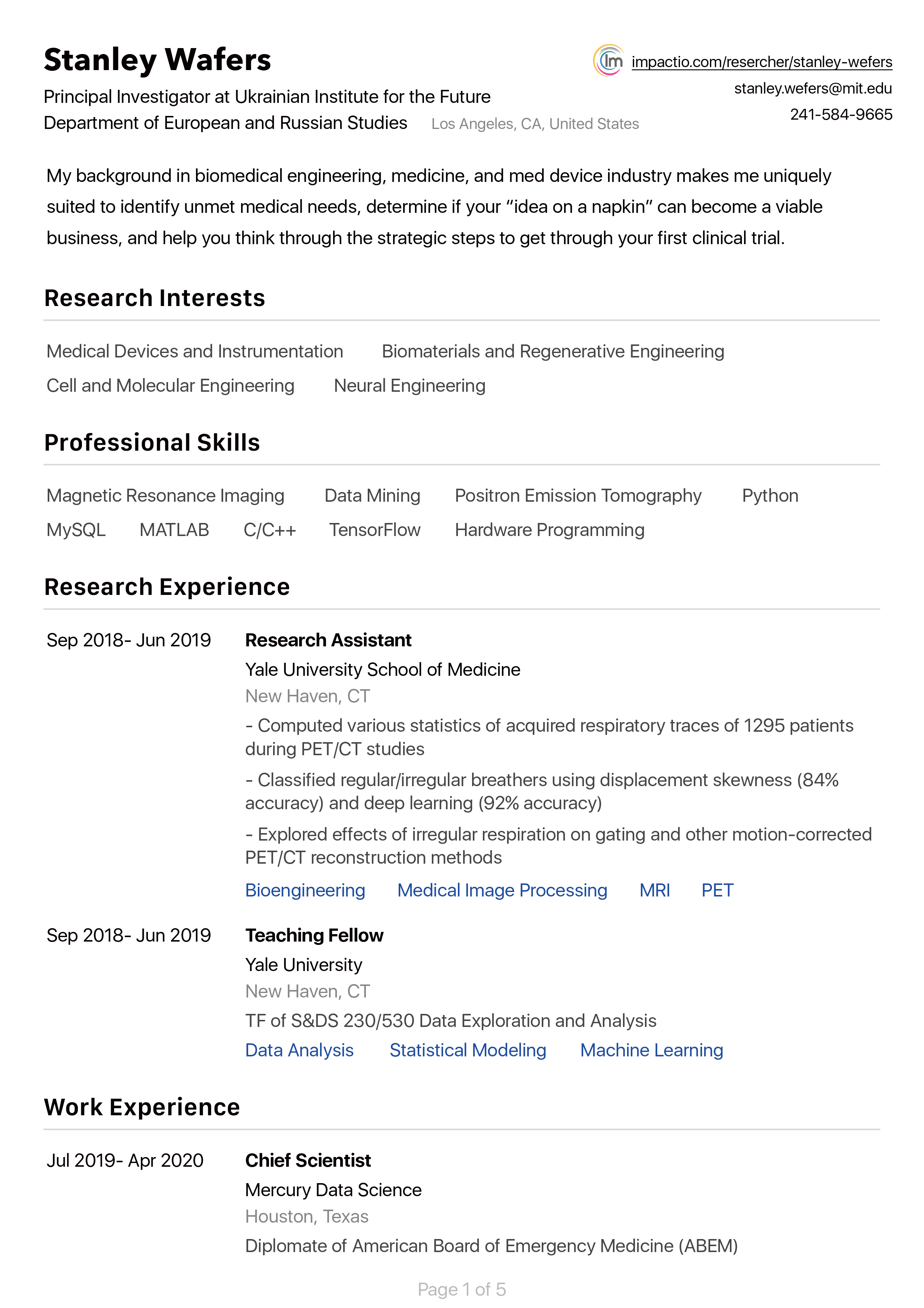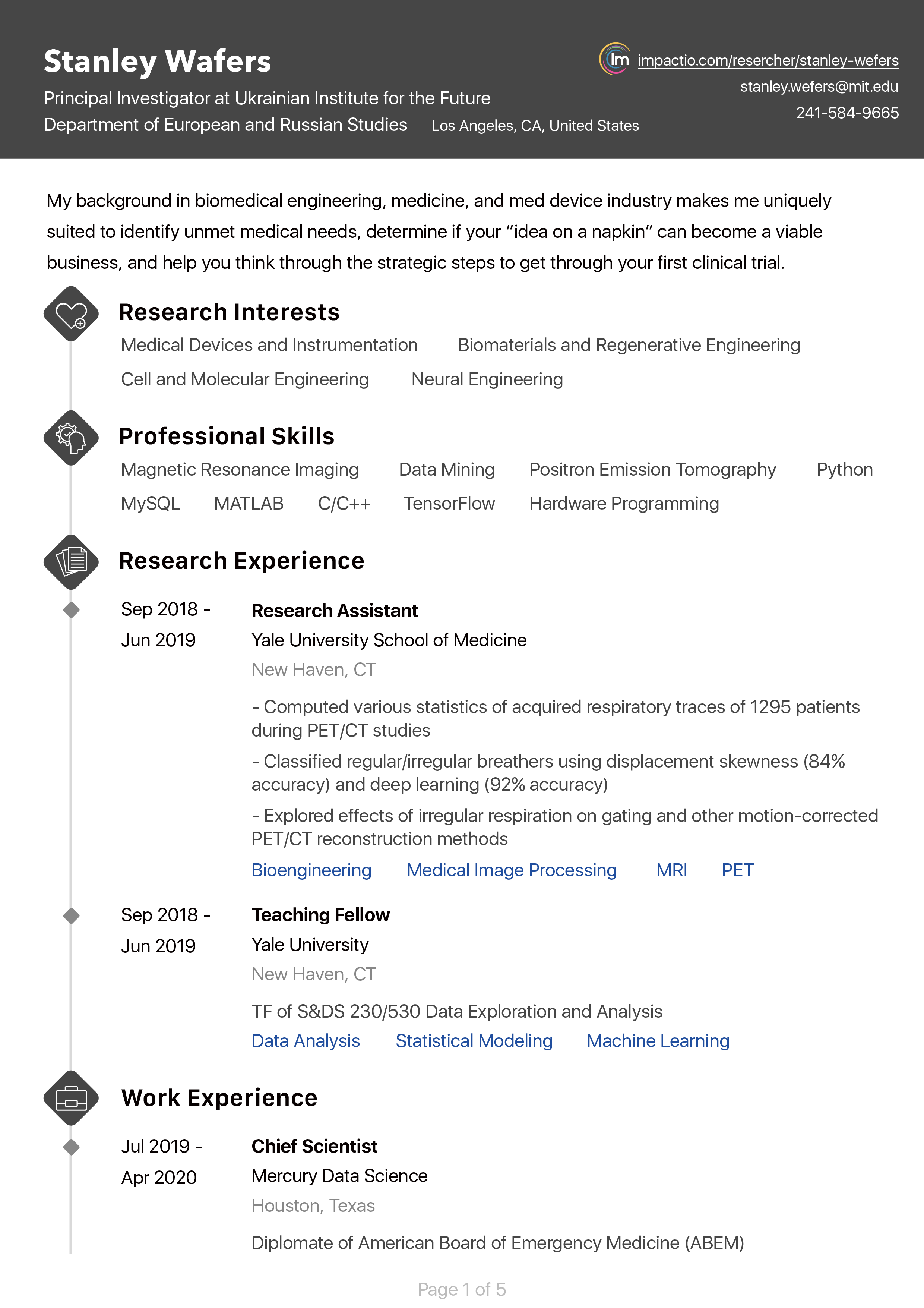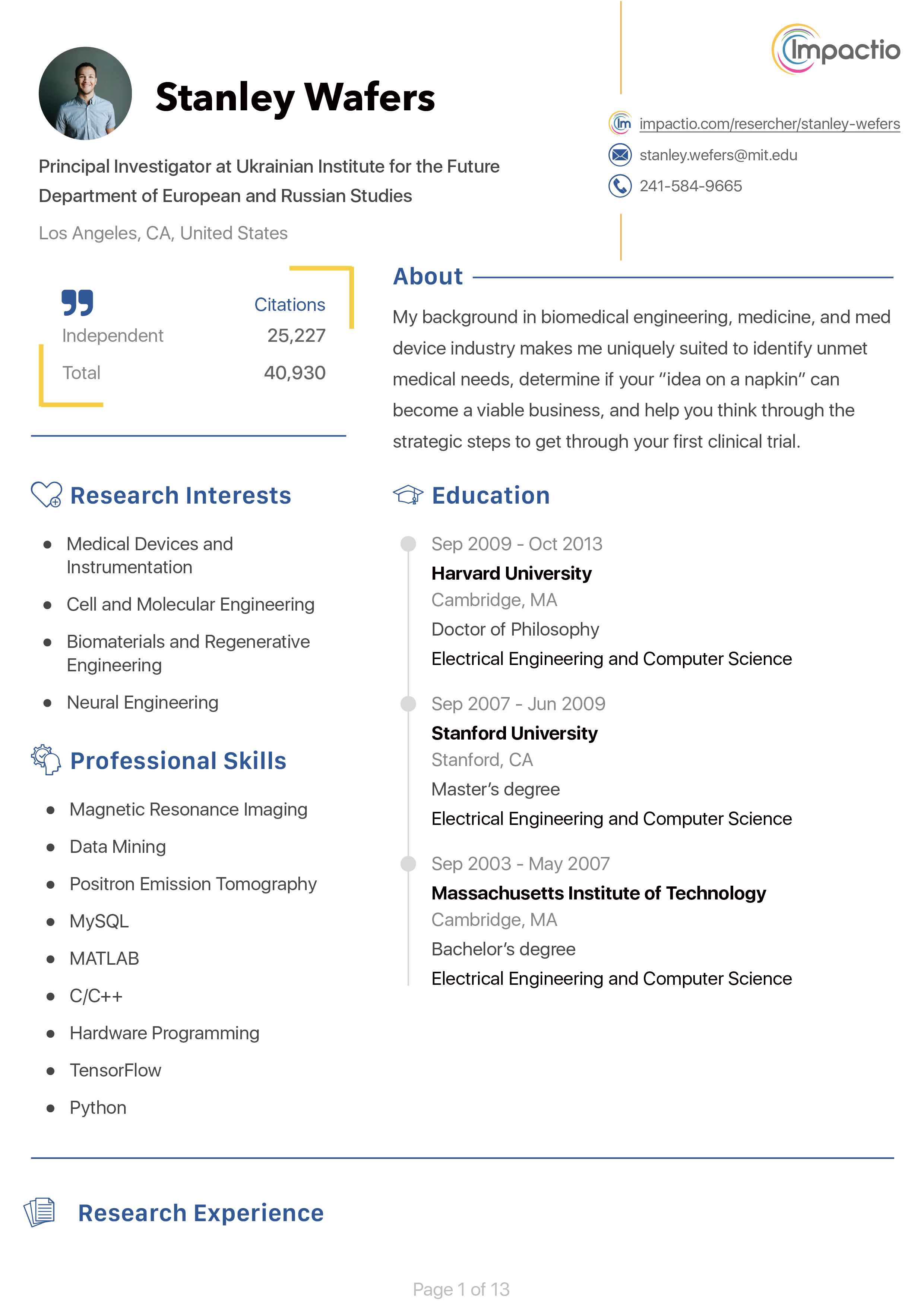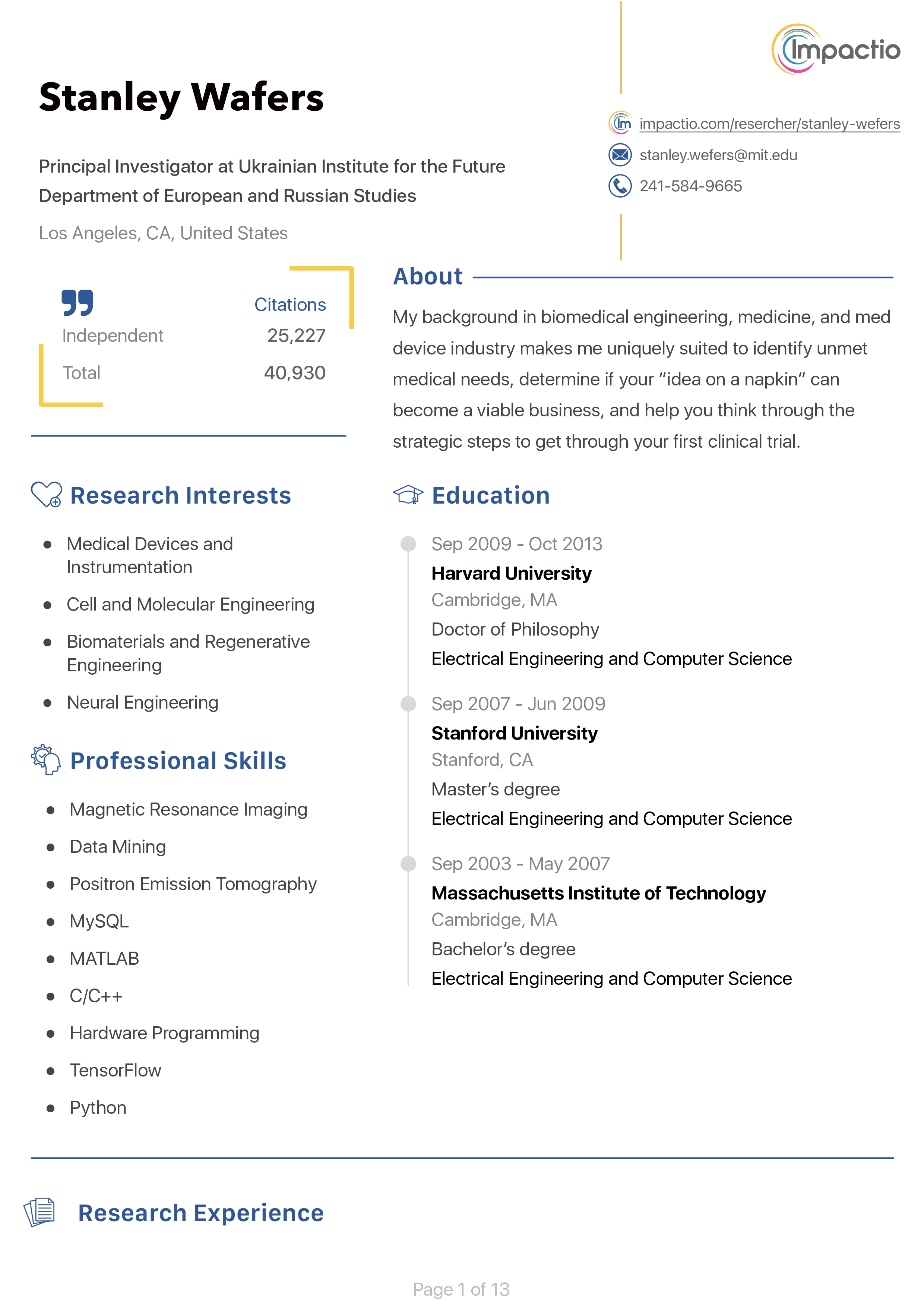Strategic Production and Business Management; Economic and Enterprise History; Cultural and
Heritage Management with studies in the following subjects: Industrial Archaeology and
Industrial Heritage.
Adjunct Professor I of the Pontifical Catholic University of Minas Gerais. Research areas: Logistic, Operacional Research, Strategic Production and Business Management.
This thesis seeks to introduce the possibilities of interdisciplinary studies whose basis is social and business history from the perspectives of the industrial archeology and industrial heritage fields. The analysis is based upon the definition of the concepts of social and cultural memory, which propose the review of a recent past and encompass the industrial organizations different operational focuses within the urban context. The methodological framework was developed on the basis of the elements of diversity and interdisciplinarity which make up cultural heritage in the discussions of the first decade of the 21st century. A discussion on a classification of the relations between company and society is brought to the domain of social structure, individual and collective identity, and of the need for further actions on the part of the many social actors. The functioning enterprises are deemed responsible not only for economic development, but also for social relations and regarded as catalysts for a genuine industrial community culture. The case study of a steel industry and its role in the Brazilian home market during the first decades of the 20th century allows to identify these constituent elements of a particular culture and identity. It is observed that, from the social initiatives of the company and in line with its production structure, a relationship is forged among this company, the communities where it is established and the individuals living in such communities. This relationship, however personal or collective, is built up in close relation with the social and share capital generated from the company’s diversity of actions regarding both its corporate management and community-targeting social policies. In this context, infrastructure and programmes supporting the involved communities regarding education, recreation, health care and even citizen awareness are noteworthy. The results achieved over the period under consideration (the years between 1920 and 1960) revealed the company’s essential role in the communities’ establishment, besides demonstrating the company to be an irreplaceable major stimulus for the communities’ social and urban structure, due to the complementary nature of public activities. Thus, it becomes evident that this crucial relationship between company and society exerts a real impact upon the employees’ daily life and the allocation of their assignments, family members’ actions and even upon their social environment. Such context shapes a construct of the individual and his references, which is part of a personal and collective memory, besides building individual and social history, which is established by the mutual empathy among the individual, community and company. Thus, the perception of cultural heritage is present in the different forms of manifestation of both a given past and a company’s social policy which re-shapes itself in the present, either by means of a built history and memory or through the relevance of its legacy.









